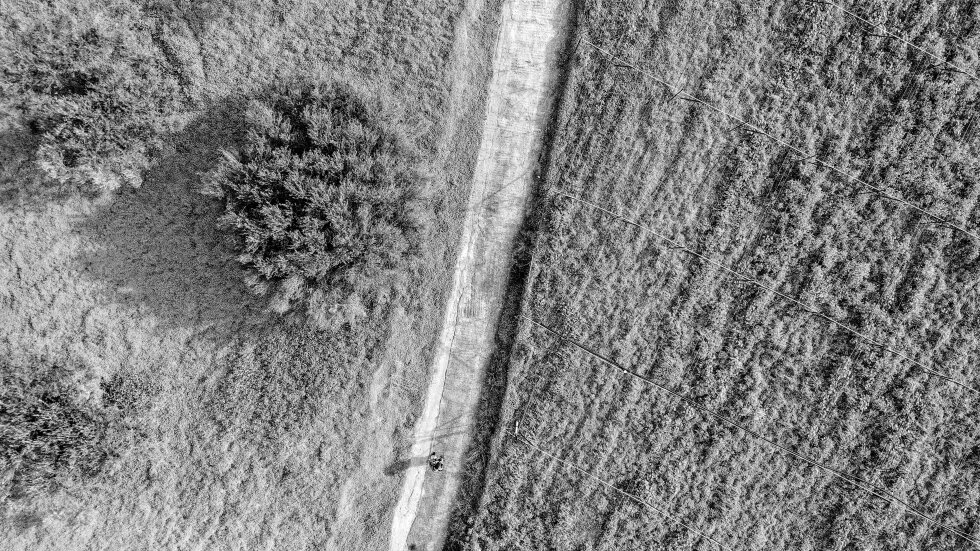As climate crisis effects are becoming more intense in Greece, serious concerns are raised about the impact of the country's urban-rural divide and climate crisis on the local communities that rely on their ecosystems for their survival.

The over-concentration of population, power, resources and opportunities in large urban centres is a characteristic feature of Greece, which creates an obvious and multilayered divide between urban and rural areas. The long-term economic crisis and the demographic challenge put the sustainability and long-term prospects of the Greek countryside at risk. The effects of the climate crisis have been added in recent years, with the catastrophic fires in Evia as a “landmark”, and become more and more visible and intense every year.
The disasters caused affect not only the stability of the natural environment and ecosystems but in fact a crucial resource for local communities, which is linked to the very survival of a large part of the local population. What will happen to those who are directly or indirectly linked to the crops that are destroyed with no visible alternative in the near future, such as the beekeepers, resin growers and livestock farmers in northern Evia who have become nomads? What will happen to the younger generations who are also being pushed to seek alternatives in urban centres?
The urban-rural divide and the climate crisis are creating an explosive mix for a Mediterranean country like Greece, which will be hit harder in the long term by natural disasters. The Greek state at all levels (local and regional authorities and central government) seems completely unprepared to deal strategically with the new reality. And it could not be otherwise when the way it has operated for decades, widening the gap between large urban centres and the countryside, has not created the right conditions for effective prevention, response and ultimately dealing with the long-term consequences of natural disasters.
* The article was originally published in Greek on ‘Makedonia’ newspaper (Sunday, 27 August 2023)